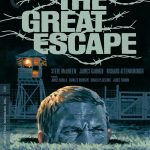Contact (1997)
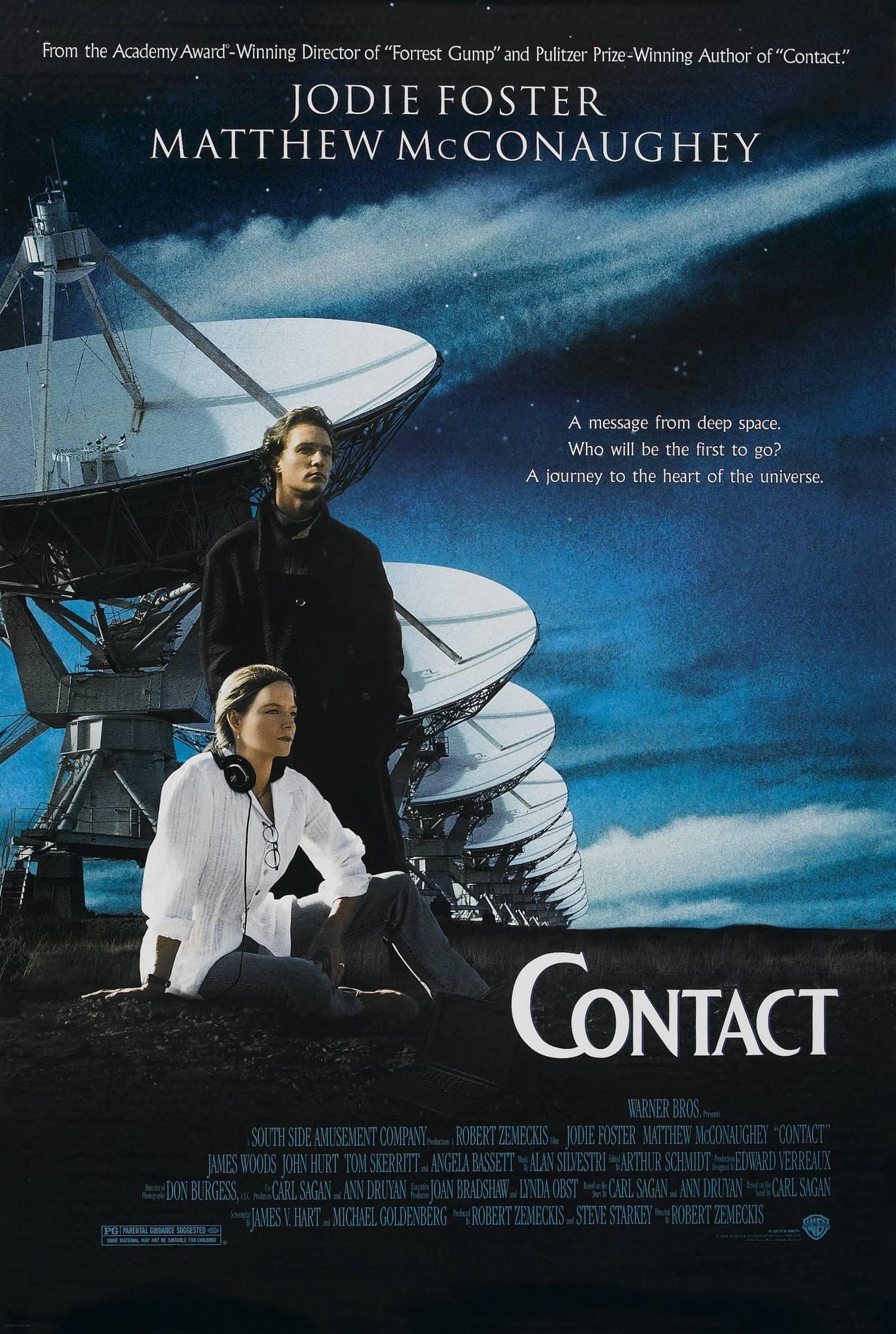
Contact (1997), directed by Robert Zemeckis and based on the novel by Carl Sagan, is a thought-provoking science fiction film that explores themes of faith, science, and the search for extraterrestrial life. The film is renowned for its intellectual depth and emotional resonance.
Suggested videos for you:
Suggested videos for you:
Suggested videos for you:
Plot
The story centers on Dr. Ellie Arroway (Jodie Foster), a dedicated astronomer who spends her life searching for extraterrestrial signals. After years of searching, she finally receives a mysterious transmission from the star system Vega, containing a series of mathematical sequences and instructions for building a machine designed for interstellar travel. As Ellie and a team of scientists work to understand and act upon the message, they face political, religious, and ethical challenges regarding the implications of first contact with alien life.
Direction and Cinematography
Zemeckis’s direction combines thrilling visuals with a contemplative narrative. The cinematography by Don Burgess captures both the grandeur of space and the intimate moments of Ellie’s personal journey. The film’s special effects, particularly the depiction of space travel, were groundbreaking for their time and remain impressive.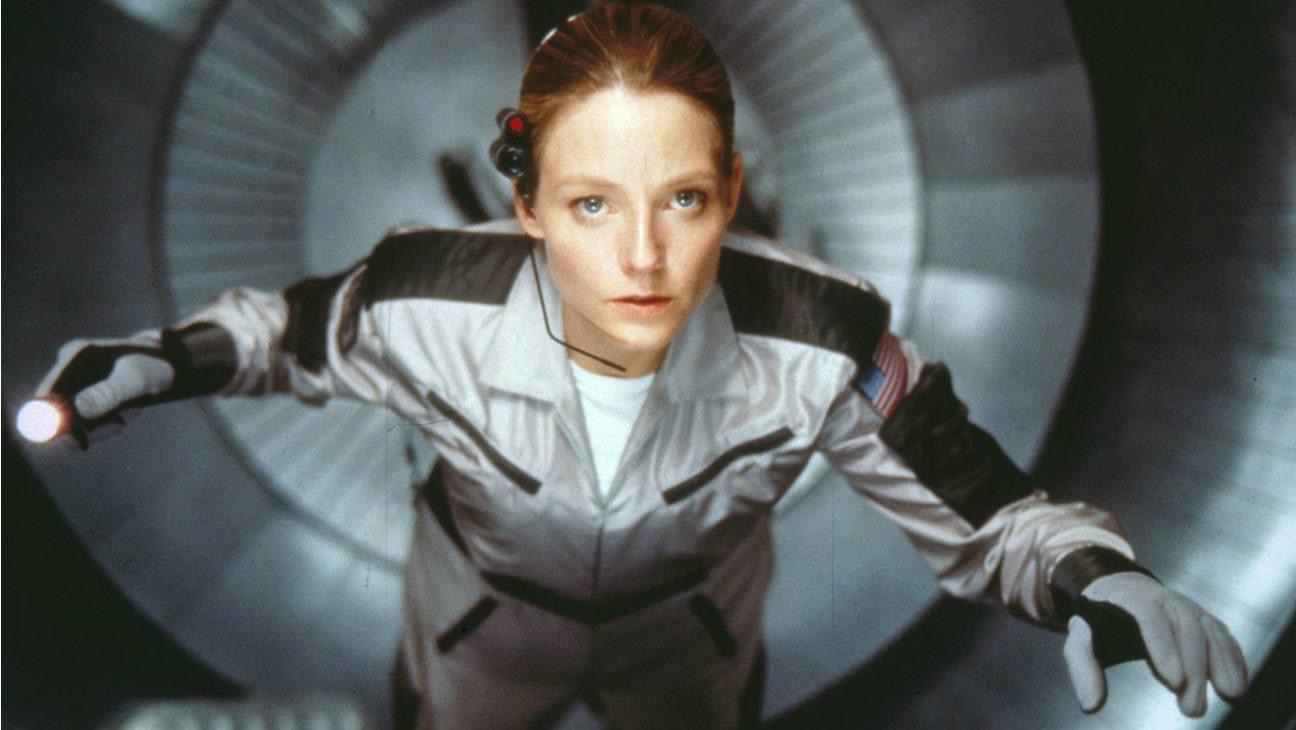
Themes
Contact explores the intersection of science and spirituality, questioning humanity’s place in the universe. It tackles themes of skepticism, faith, and the nature of belief, particularly through the contrasting views of Ellie, who embodies scientific inquiry, and other characters, such as Palmer Joss (Matthew McConaughey), a theologian who offers a more faith-based perspective. The film invites viewers to ponder the existence of a higher power and the implications of discovering life beyond Earth.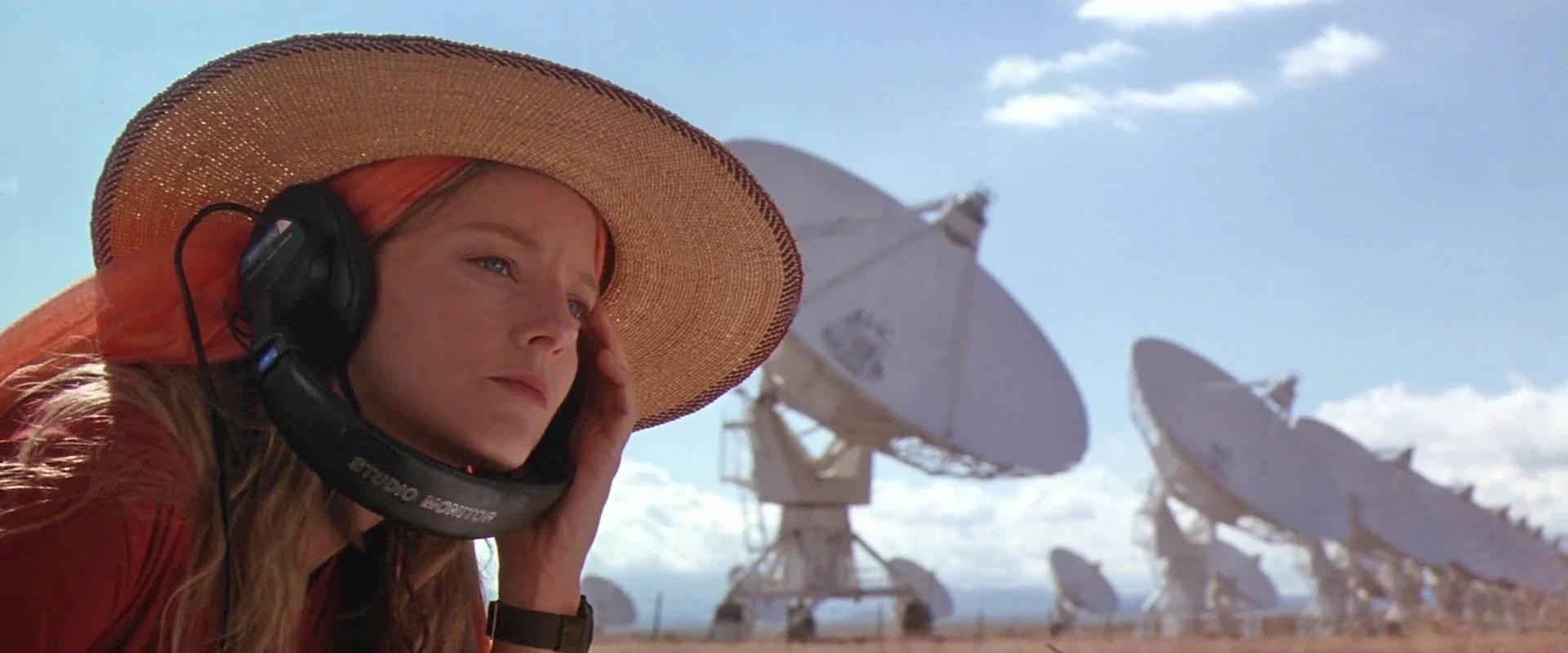
Performances
Jodie Foster delivers a powerful performance as Ellie Arroway, portraying her determination and vulnerability with authenticity. The supporting cast, including Matthew McConaughey, Tom Skerritt, and John Hurt, enhances the narrative, providing varied perspectives on the film’s central themes.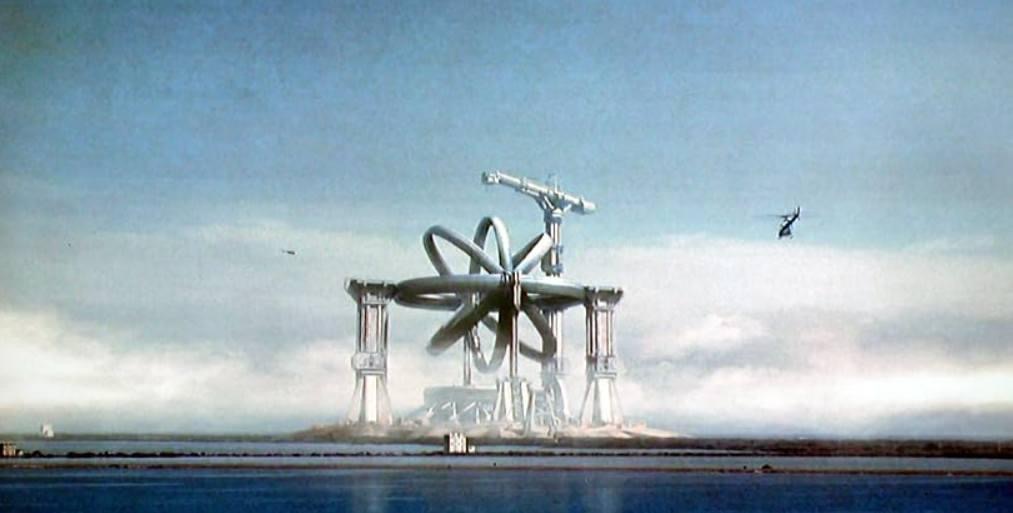
Impact
Contact received critical acclaim for its ambitious storytelling and philosophical depth. It has been praised for its ability to engage viewers in discussions about the implications of scientific discovery and the search for meaning in the universe. The film’s thoughtful approach to complex issues has earned it a lasting place in the science fiction genre.
Conclusion
Overall, Contact (1997) is a compelling and intellectually stimulating film that balances a personal journey with grand themes about existence and humanity’s quest for knowledge. With strong performances, innovative visuals, and profound questions, it remains a significant work that resonates with audiences on multiple levels.





